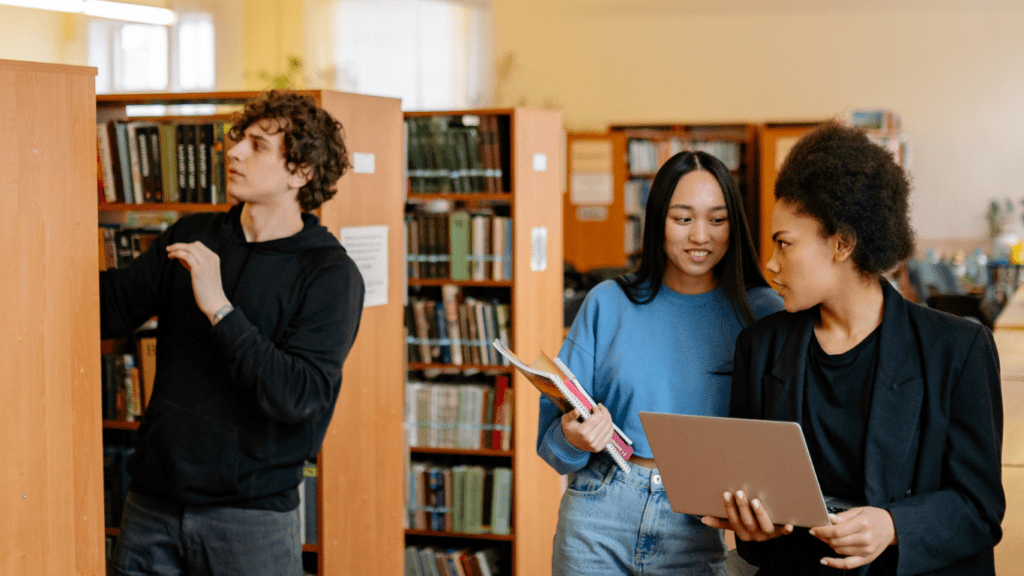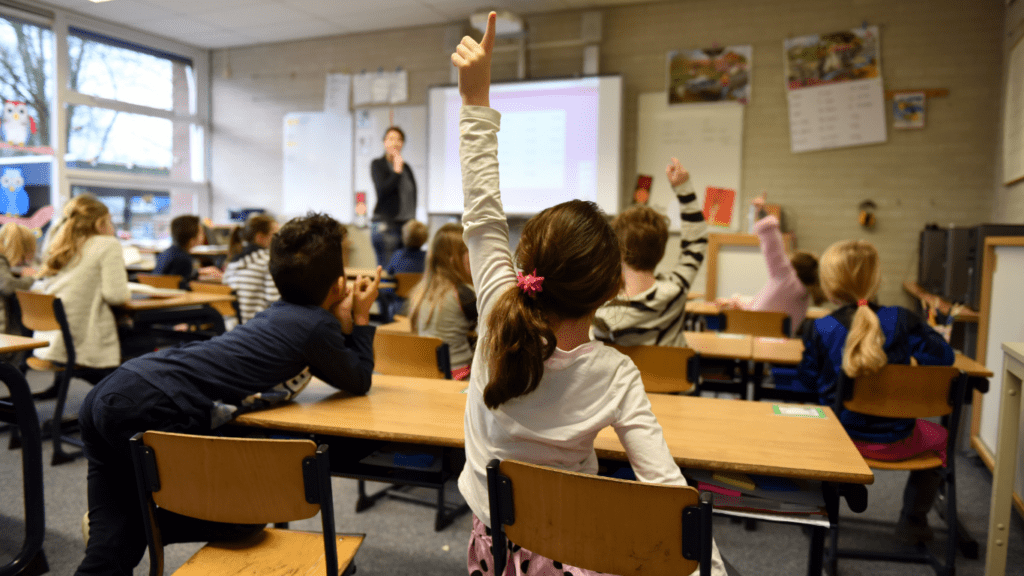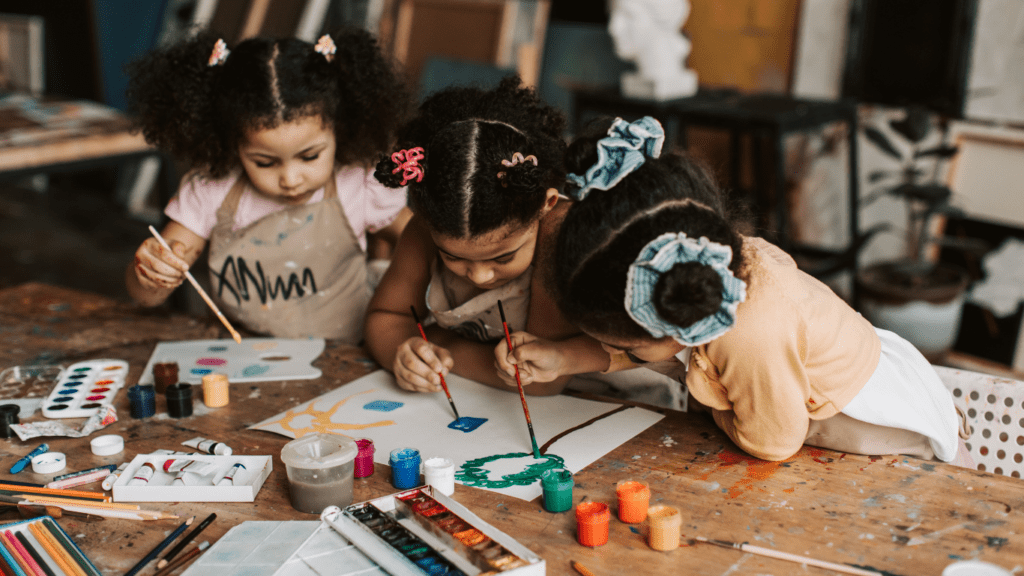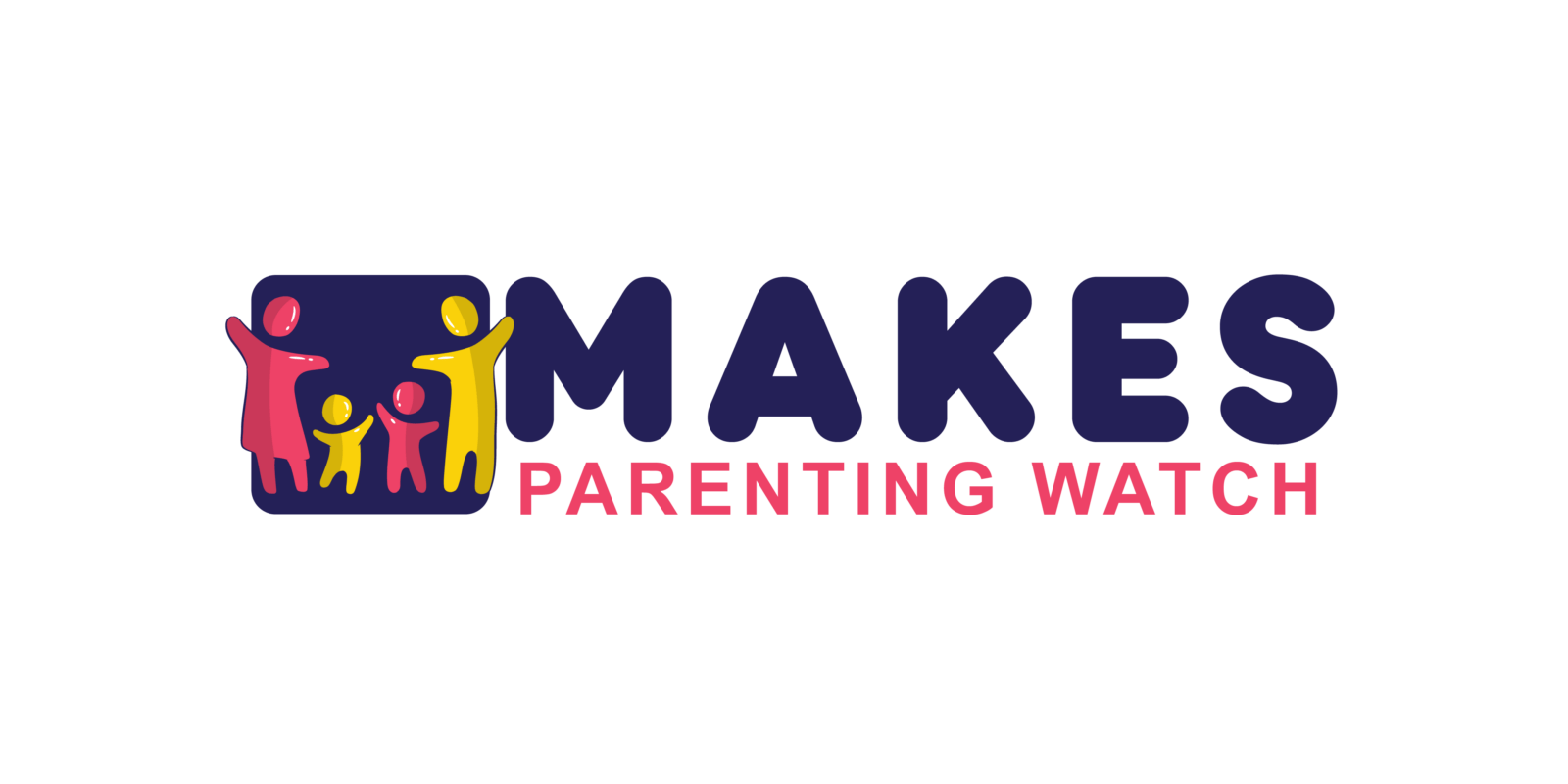Unlocking Potential
As an avid learner and educator, I’ve always been fascinated by the power of educational and developmental resources in shaping young minds. From interactive learning tools to innovative teaching methods, these resources play a crucial role in nurturing the next generation of thinkers and leaders.
In today’s fast-paced world, access to high-quality educational resources has become more important than ever.
In this article, I’ll delve into the impact of educational and developmental resources on students’ academic growth and overall well-being. We’ll explore how these resources can enhance learning outcomes, foster creativity, and instil a lifelong love for learning. Whether you’re a parent, teacher, or student, understanding the value of these resources is key to unlocking your full potential.
For more on this topic, check out our Expert Tips: Prioritize Mental Health in Kids – Latest Recommendations for Parents page.
Overview of Educational and Developmental Resources
The Role in Early Childhood Education
In early childhood education, educational and developmental resources play a fundamental role in laying the foundation for a child’s future academic and personal growth. It’s during these formative years that children absorb knowledge like sponges, making it crucial to provide them with stimulating materials and opportunities for learning. Educational toys, interactive games, and age-appropriate books are essential resources that aid in cognitive development, language skills, and social interactions. By exposing children to a variety of educational resources, we can enhance their curiosity, creativity, and problem-solving abilities from a young age.
Impact on Adult Continuing Education
Educational and developmental resources continue to be vital even in adult continuing education as individuals pursue further learning and skill development. Access to quality educational resources can significantly impact the success of adult learners by providing them with relevant and up-to-date information in their chosen field. Online courses, workshops, and educational platforms offer a wealth of resources for adults seeking to enhance their knowledge and expertise. These resources not only aid in professional development but also contribute to personal growth, career advancement, and overall well-being.
Key Types of Educational Resources

Digital Tools and Platforms
Exploring digital tools and platforms is essential in today’s educational landscape. They offer interactive learning experiences through educational apps, online courses, and virtual simulations. Digital resources cater to diverse learning styles and enhance engagement by providing multimedia content and interactive exercises. These resources also enable self-paced learning, allowing individuals to study at their own convenience and track their progress efficiently.
Books and Physical Materials
Books and physical materials play a significant role in education, providing valuable information and fostering critical thinking skills. Textbooks, journals, and reference materials offer in-depth knowledge on various subjects, serving as essential resources for academic research and study. Manipulatives, laboratory kits, and art supplies enhance hands-on learning experiences, promoting creativity and practical skills development. The tangible nature of books and physical materials facilitates offline learning and reduces screen time, offering a balanced approach to education.
Resources for Disabilities
When considering educational and developmental resources for individuals with disabilities, it’s essential to focus on inclusivity and accessibility. Specialised tools and adaptive technologies play a vital role in providing tailored support to learners with diverse needs. These resources can range from assistive technologies such as screen readers for visually impaired individuals to communication boards for individuals with speech and language disorders. By leveraging these resources, educators can create inclusive learning environments that cater to the unique requirements of each individual, ensuring equitable access to education.
Tailored Resources for Gifted Learners
For gifted learners, educational and developmental resources need to be enriched with advanced materials and challenging activities to support their accelerated learning pace and intellectual curiosity. Tailored resources for gifted learners often include enrichment programmes, advanced reading materials, specialised workshops, and mentorship opportunities. These resources aim to stimulate critical thinking, problem-solving skills, creativity, and innovation in gifted individuals, empowering them to reach their full potential and excel in their areas of interest. By providing personalised and challenging resources, educators can cultivate the talents and capabilities of gifted learners, fostering a dynamic learning environment that encourages continuous growth and development.


Considering Options for Institutions
When selecting educational and developmental resources for institutions, it’s crucial to align them with the institution’s curriculum and learning objectives. Institutions should assess the quality and relevance of resources to ensure they meet the diverse needs of their students. Collaboration with educators and specialists can help identify the most effective tools for enhancing the learning experience and addressing specific educational challenges. Additionally, institutions must consider the scalability and sustainability of the resources to ensure long-term benefits for students and educators alike.
Guidelines for Parents and Guardians
Parents and guardians play a vital role in choosing the right educational and developmental resources for their children. It’s essential for them to understand their child’s learning style, interests, and areas that require improvement. When selecting resources, parents should look for options that are age-appropriate, engaging, and supportive of their child’s individual growth and development. Consulting with teachers and educational experts can provide valuable insights into the most suitable resources for their child’s educational journey. Regularly monitoring and evaluating the effectiveness of the chosen resources.
